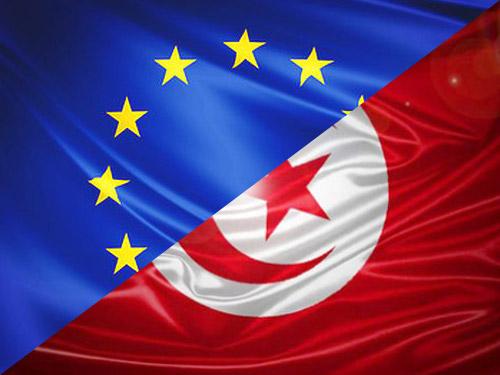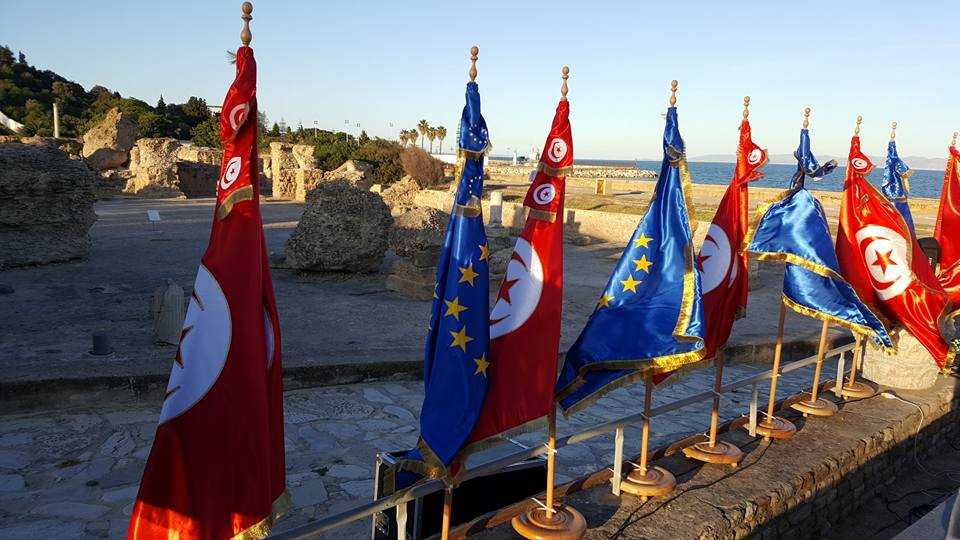EU and Tunisia determined to strengthen partnership

In a joint press release published yesterday, Presidents Donald Tusk, Jean-Claude Juncker, Martin Schulz and Tunisian President Beji Caid Essebsi affirmed their willingness to strengthen the EU-Tunisia partnership and continue the high-level dialogue.
The Presidents expressed their determination to support the momentum launched by the “Tunisia 2020” Conference and to ensure the implementation of the commitments undertaken, stressing that cooperation with the European Union will focus on stimulating economic growth to reduce unemployment, especially among young people, as well as regional disparities, in particular through the sustainable improvement of an investment and business climate in order to enable the Tunisian private sector, including SMEs, and foreign investors to develop their businesses and generate jobs.
It was stressed that youth should be given priority in cooperation between the EU and Tunisia, which will focus on “identifying all possible opportunities and setting up, within the framework of an “EU-Tunisia Youth Partnership”, initiatives and programmes in the areas of employment, vocational training, mobility, culture, education and research for Tunisian youth. As such, both parties agreed to intensify exchanges between universities as well as student mobility: each year 1,500 students and young people, as well as university staff, will be able to benefit from European programmes such as Erasmus+.
It was also agreed that a high level event will be organised in Tunis in the next six months to mark the attachment of both parties to the setting up of the “EU-Tunisia Youth Partnership”.
In the field of security, a second session of the high-level political dialogue on security and the fight against terrorism is scheduled to take place in Brussels on 19 January 2017 in order to take stock of ongoing cooperation and strengthen support of the EU to the implementation of the new Tunisian strategy to combat terrorism and radicalisation and to the reform of the security sector in Tunisia.
The senior officials also stressed the importance of the Deep and Comprehensive Free Trade Area (DCFTA) as an essential step in deepening Tunisian economic integration with the EU and the need for Tunisia to benefit the most from this agreement. To this end, the EU reaffirmed the asymmetrical approach of the future agreement, which will enable Tunisia to benefit from it as soon as possible.
It was also agreed that the tripartite dialogue (EU, Tunisian authorities, civil societies) should be reinforced and dialogue between societies further promoted, and that contacts at political level must be intensified in order to contribute to a political solution to end the Libyan crisis as soon as possible.
Read more
Press release (FR)
Relations between the EU and Tunisia – Factsheet
EU Delegation to Tunisia – website and Facebook page
Newsletter
Subscribe to receive our latest updates
News alerts
Personalise your news alerts subscription
© This project is funded by the European Union, 2026
The information on this site is subject to a
disclaimer
and protection of
personal data .




























 Syria
Syria 





